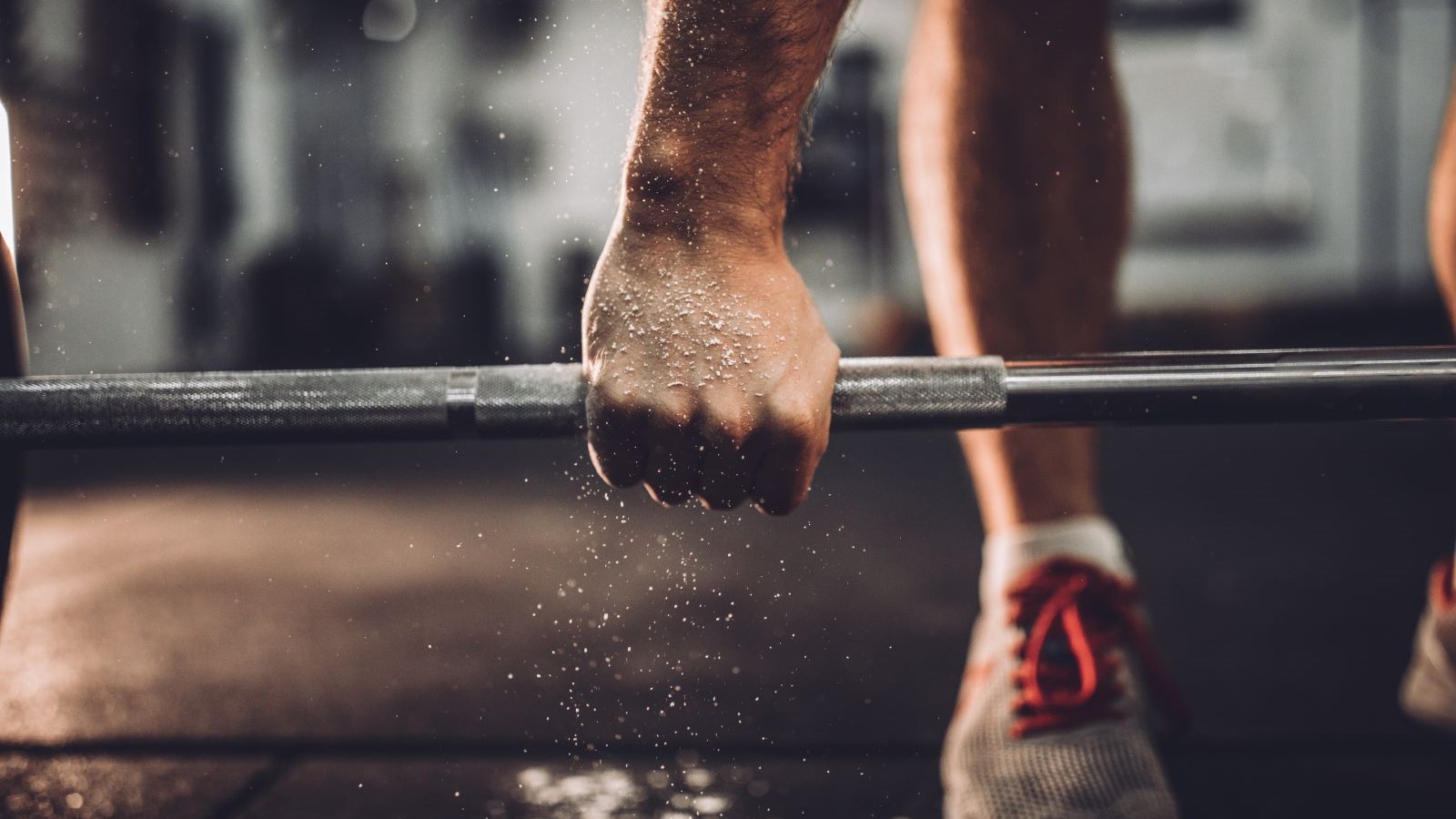<< Back
Can Heavy Lifting Cause a Hernia?

August 09, 2023
Whether you’re lifting heavy weights or just moving furniture, your back isn’t the only thing at risk of injury. Sometimes the strain on your body can cause a hernia.
We asked a hernia surgeon why heavy lifting puts you at risk, and what you can do to prevent it.
Why does heavy lifting cause hernias?
When you lift something heavy, the natural pressure in your abdomen increases to help stabilize your spine and organs.
“The more you lift, the more that pressure rises, straining the abdominal wall. Repetitive strain can cause tissue to weaken and even tear. That’s when hernias can emerge,” explains Alexandra Sanowski-Bell, MD, a surgeon at Charlotte Hungerford Hospital.
“Although there are other factors, including genetics, linked with hernia, strain from heavy lifting is definitely a cause.”
> Related: Is the Lump in My Abdomen a Hernia?
How can I prevent a hernia when lifting heavy?
- Use correct lifting technique
- Don’t rush – focus on proper technique
- Strengthen your core muscles
- Maintain a proper body weight
- Don’t overdo it – lift appropriate weights
What is a hernia?
Hernias happen when part of your insides bulge through a weak spot in muscle or tissue caused by overexertion, accident, injury or previous surgery, Dr. Sanowski-Bell says
The different types of hernias are named after the location where they occur, such as:
- Inguinal hernia. Describes 75% of hernias, when bowel protrudes into the inguinal canal on the inner thigh.
- Hiatal hernia. This happens when the diaphragm opening widens and the top of your stomach pushes through into your chest.
- Incisional hernia. Surgical incisions near your belly button can weaken over time, allowing tissue to poke through.
“In general, hernias are relatively common. Hiatal hernias alone affect about 20% of people in the US, and 50% of those over the age of 50,” Dr. Sanowski-Bell says.
How do I know if I have a hernia?
If you think you have a hernia, talk to your primary care provider, she continues.
Symptoms – which can vary between men and women – include:
- Visible lump. It can be seen at all times, or only when you move in a certain way such as bending over or lifting.
- Aching pain. The feeling might be dull or sharp like a pinch.
- Feeling of pressure in the groin. Men, Dr. Sanowski-Bell explains, can also feel a tugging sensation around the testicles.
- Discomfort that increases with activity. This is especially true when bending, sneezing or coughing.
When should I see a doctor?
While hernias don’t heal on their own, not all need repair, she continues. Some may get caught in the muscular wall, requiring emergency attention, but most can be monitored for worsening.
“We typically repair hernias if they cause the patient discomfort, interfere with daily life or cause more concerning conditions such as a bowel obstruction,” Dr. Sanowski-Bell says.
Talk to your primary care provider if you think you have a hernia. If the pain seems to increase or you feel redness or warmth in the area, you might need to go into the emergency department for examination, she says.